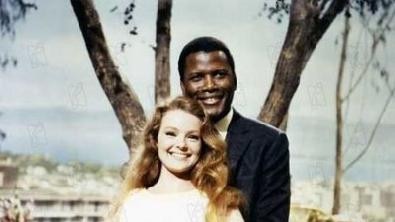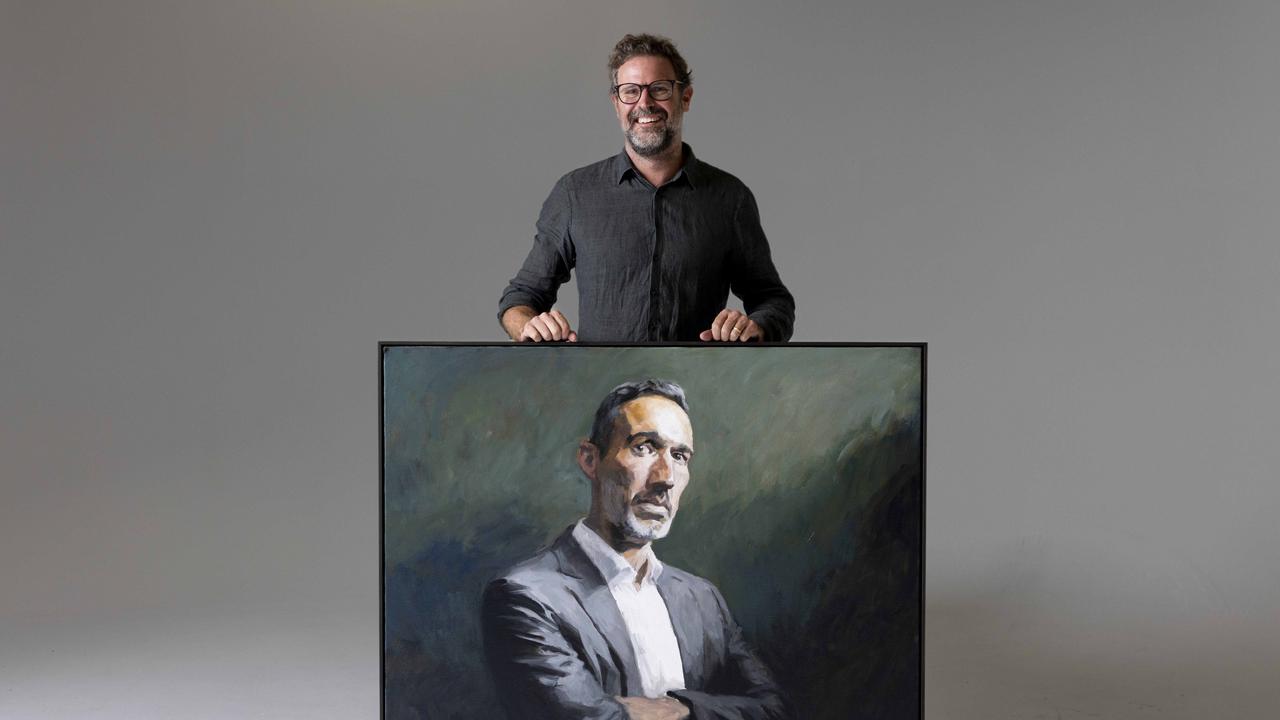
The angel was Cary Grant, the most charming man on the planet. Angels actually did pretty well in The Preacher’s Wife too, the 1996 update. Denzel Washington was the angel and he, too, is someone you’d watch in anything.
The great actors are like old friends, we’re so familiar with them. Even in their different roles, you relate to them as well as to their characters. That might be why Tom Hanks always plays a decent guy – he doesn’t want to spoil our memory of him. These actors, plus Spencer Tracy, Jimmy Stewart, Katharine Hepburn, Lauren Bacall are all on my list of actors whose films I will always watch. There are contemporary actors I like, but I’m a sucker for Hollywood’s Golden Age.
So I was immensely sad to see the death of Sidney Poitier recently. The first African American to win an Academy Award he was, on screen, the embodiment of decency and likability. One of his most attractive features was his distinctive speech pattern. Like Grant, he was an American who didn’t come to the United States until his mid-teens. Both men fell in love with America.
Their strange, inimitable, hybrid accents were one element of each man’s distinctiveness. The ABC ran a couple of Poitier classics on iview.
I’m almost surprised they could screen Guess Who’s Coming to Dinner, because by today’s standards it is wickedly reactionary, not a safe space. At the time of its release, 1967, it was progressive because it showed an inter-racial romance in a favourable light. Both sets of parents are initially unsympathetic to the match. Poitier plays a young doctor of character and achievement. In one crucial scene with his father, he says words to the effect: the problem with you, Dad, is you think of yourself as a coloured man, I just think of myself as a man.
That is, of course, contrary to every tenet of the present identity politics madness, but it is something like what true liberalism is all about. There’s really only one race – the human race. Your skin pigmentation is the least interesting thing about you.
The film Remember the Titans gave expression to a similar view. It was made in 2000 but set in 1971. It’s about a racially integrating school and in particular the school’s newly multi-racial football team. The best two players, one black, one white, become close friends, which has its complications. In one scene, one of the young guys says to the other, something like: when we’re old and fat and sitting on the porch, there won’t be any of this black and white nonsense.
That of course is true liberalism. And it has the oldest and best source of all liberal sentiments: “There is neither Jew nor Greek, slave nor free, male and female, for you are all one in Christ Jesus.”
It’s the truth. It’s the way not only Christianity but liberalism ought to be, extinguishing any hierarchy, or even category, of race in civic matters.
But it’s heresy to every doctrine of contemporary identity politics.
It’s probably now illegal even to say it (unless you’re Sidney Poitier).




Who is your favourite presence on a movie screen? Someone you will always watch. In my most recent book, Christians, I have a chapter on angels and argue, with only modest exaggeration, that the absolute high point for angels in popular culture came with the 1947 film, The Bishop’s Wife. This lovely little movie is about an angel who comes to help a bishop and finds himself falling in love with the bishop’s wife.